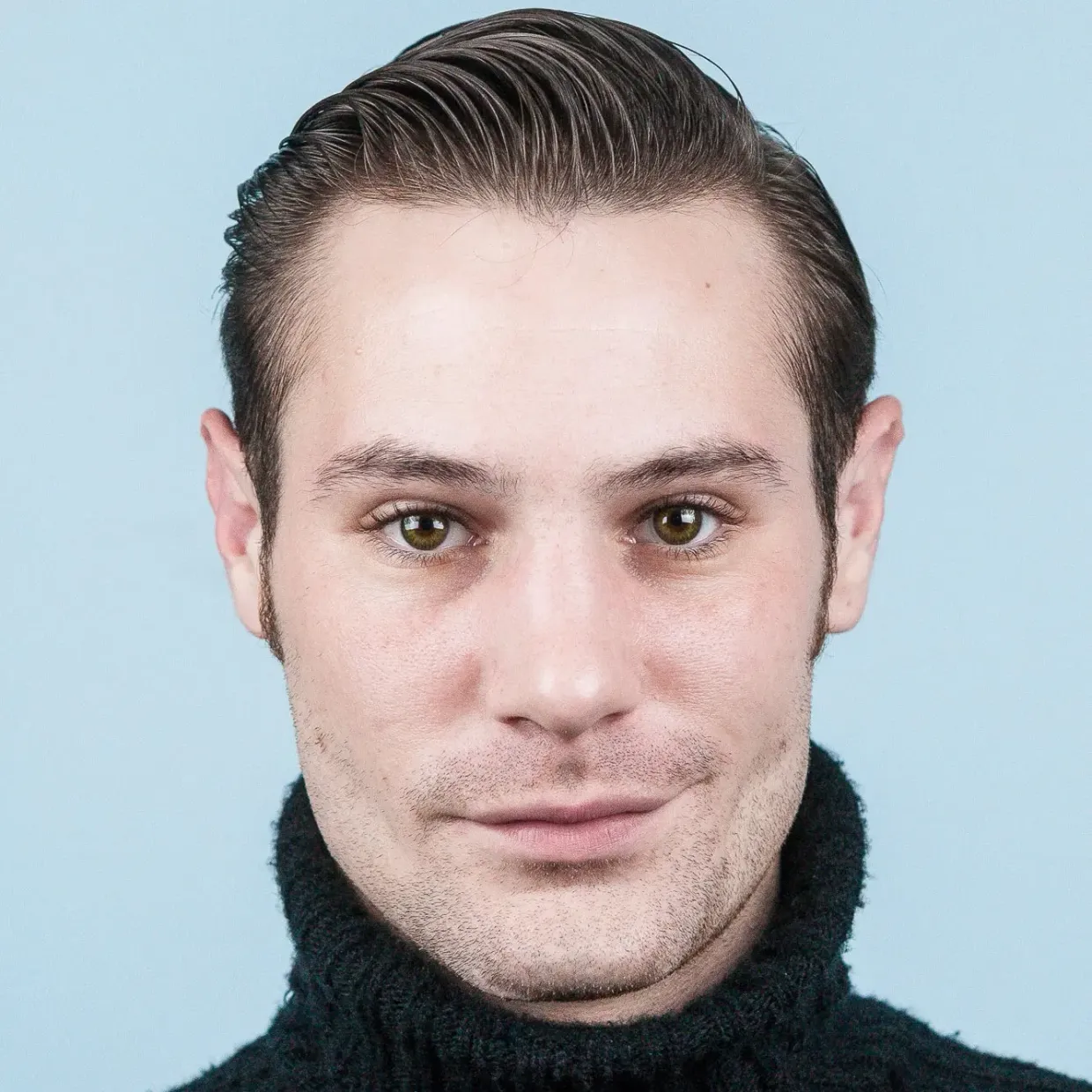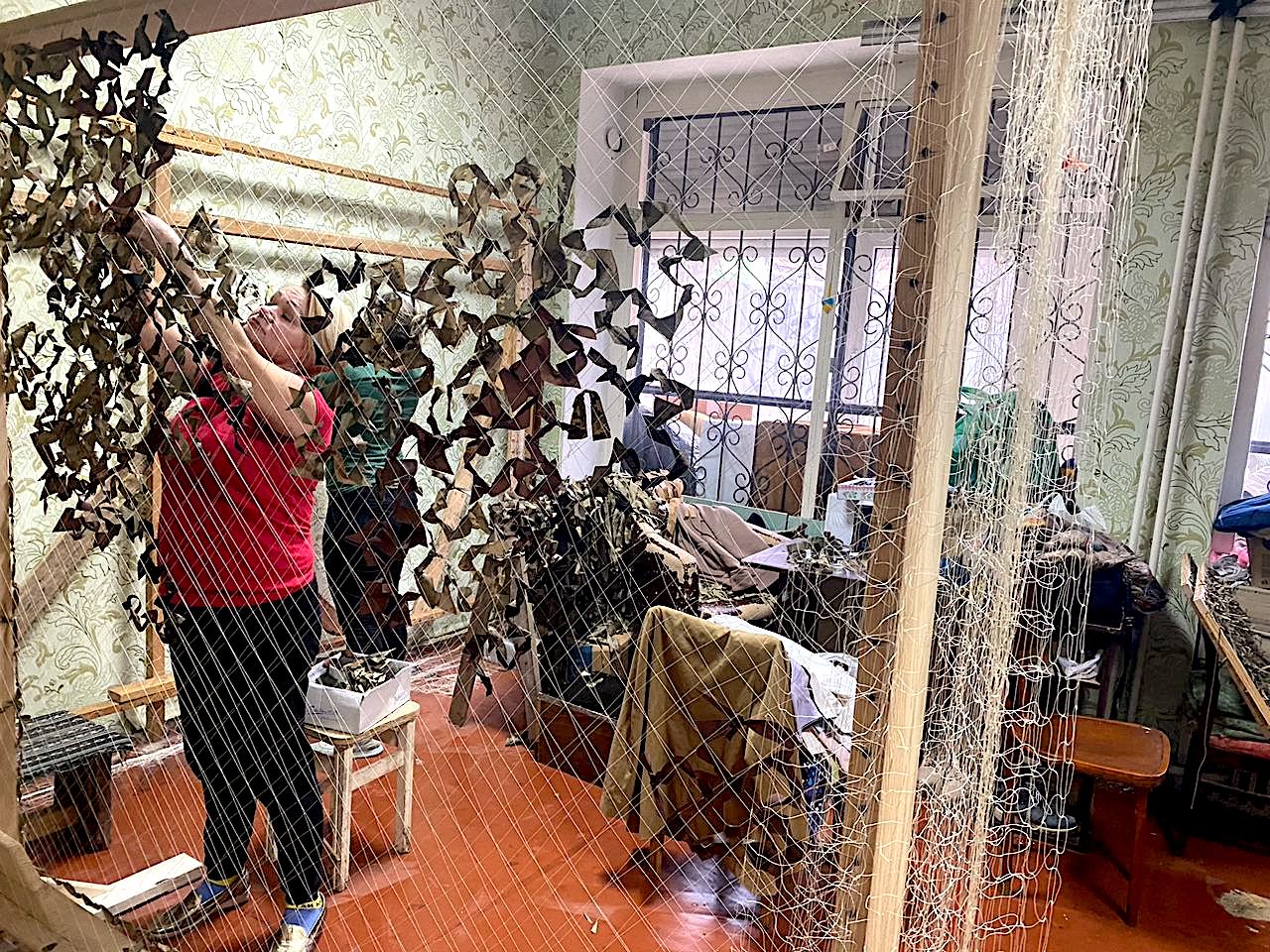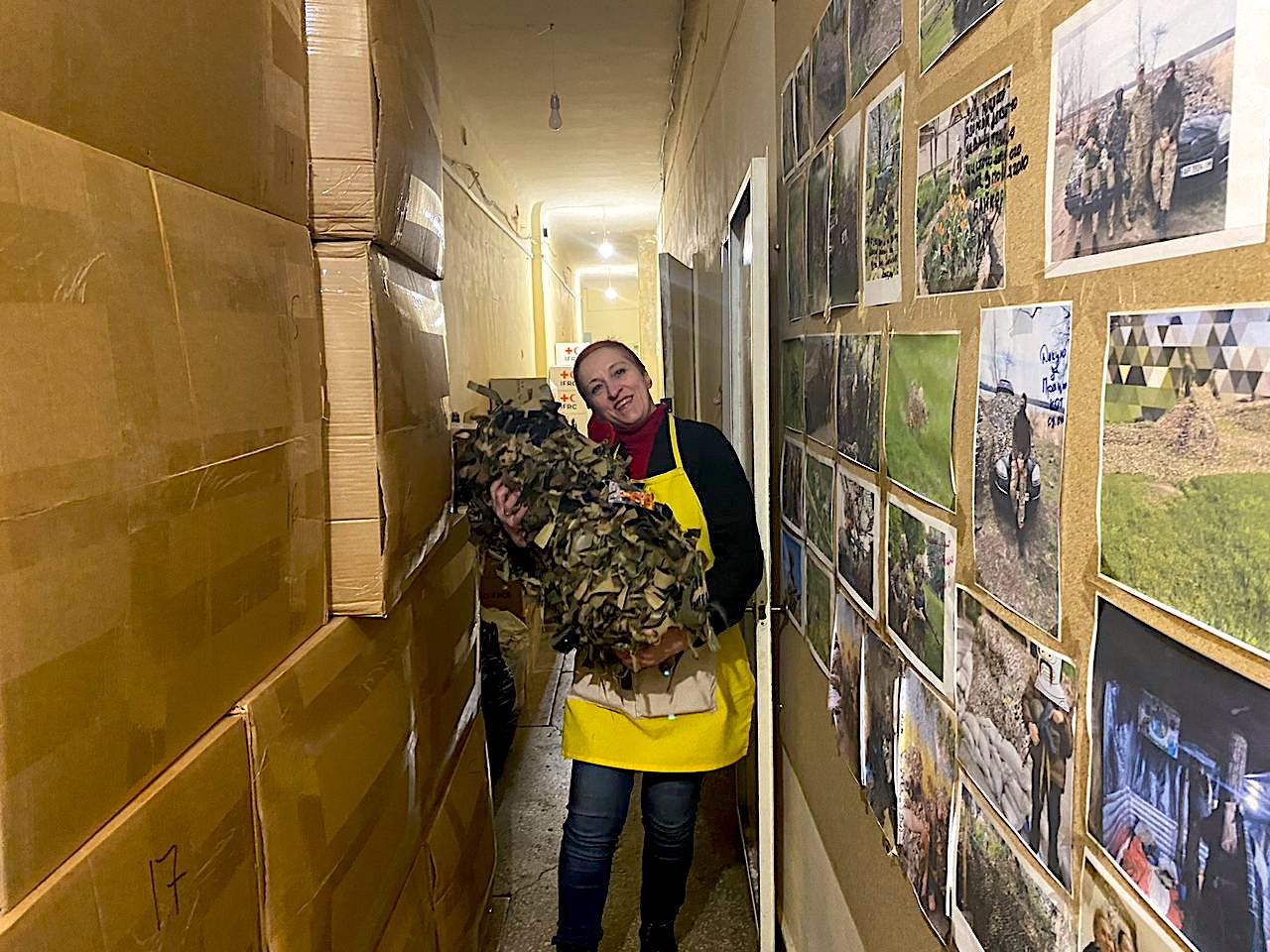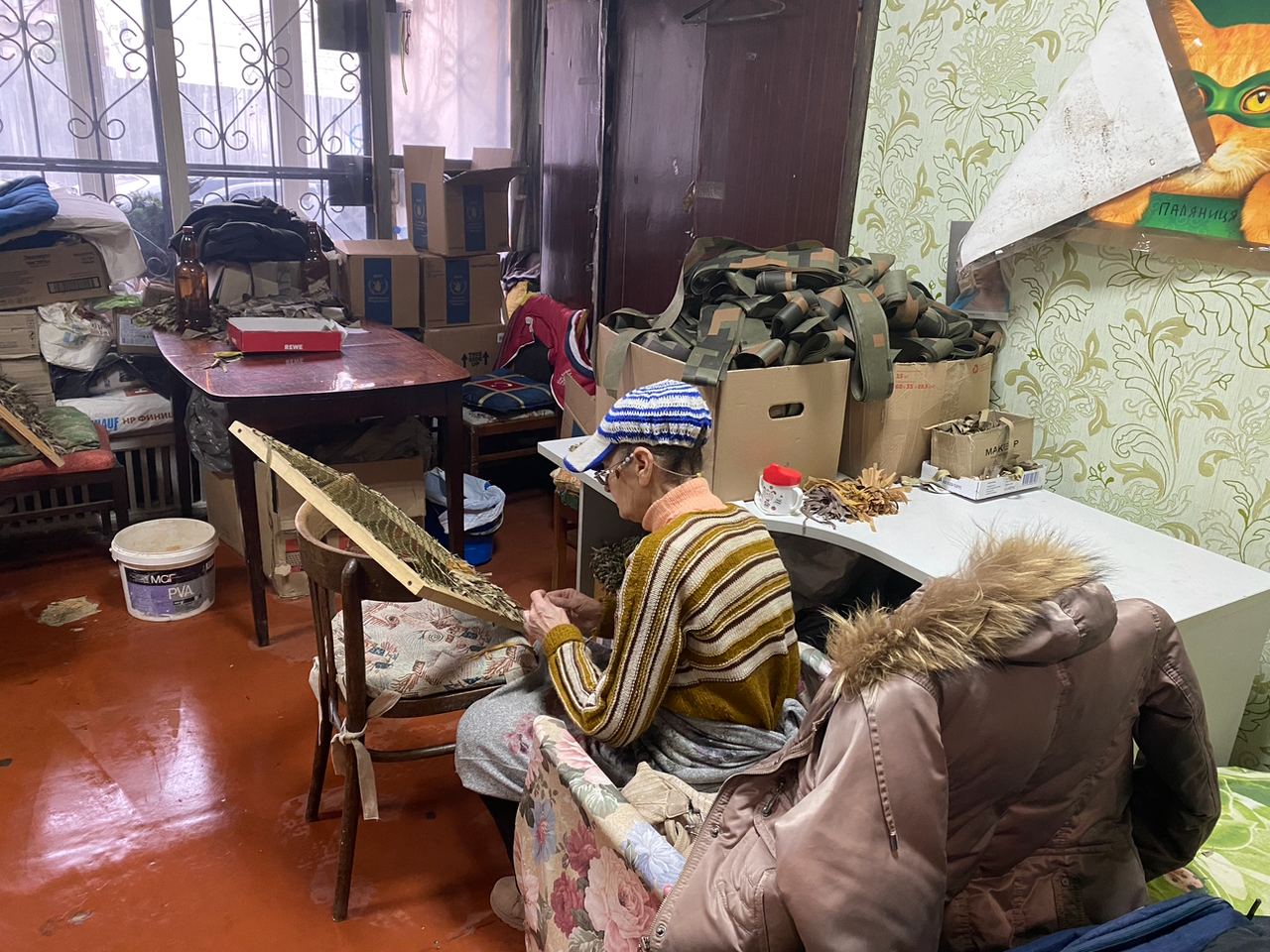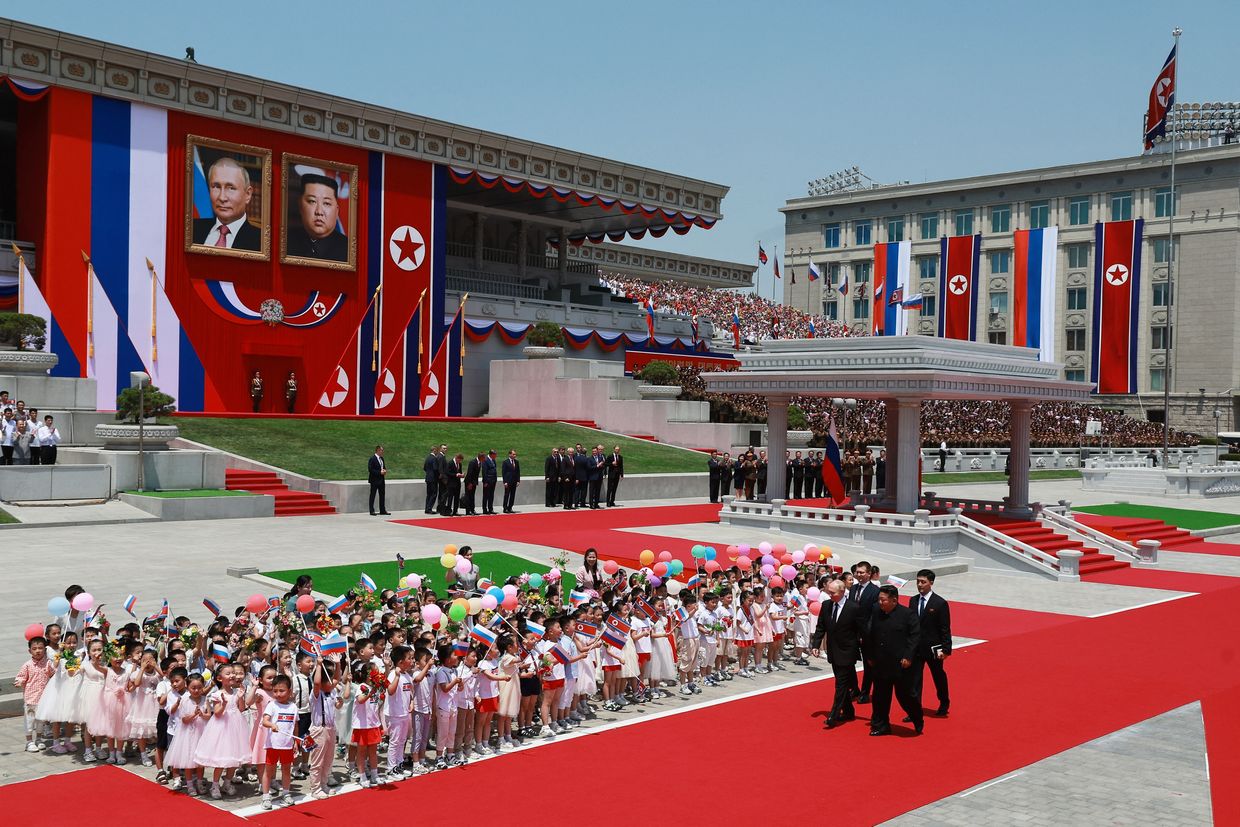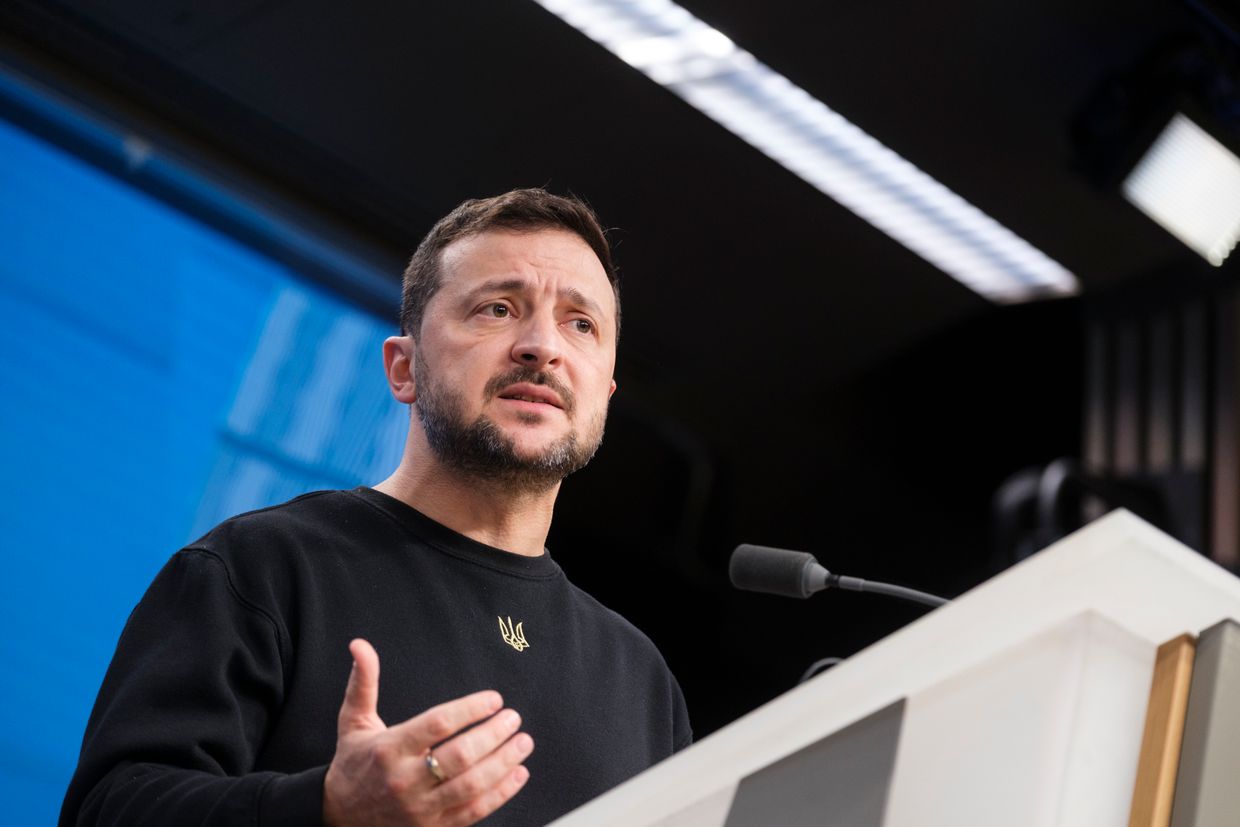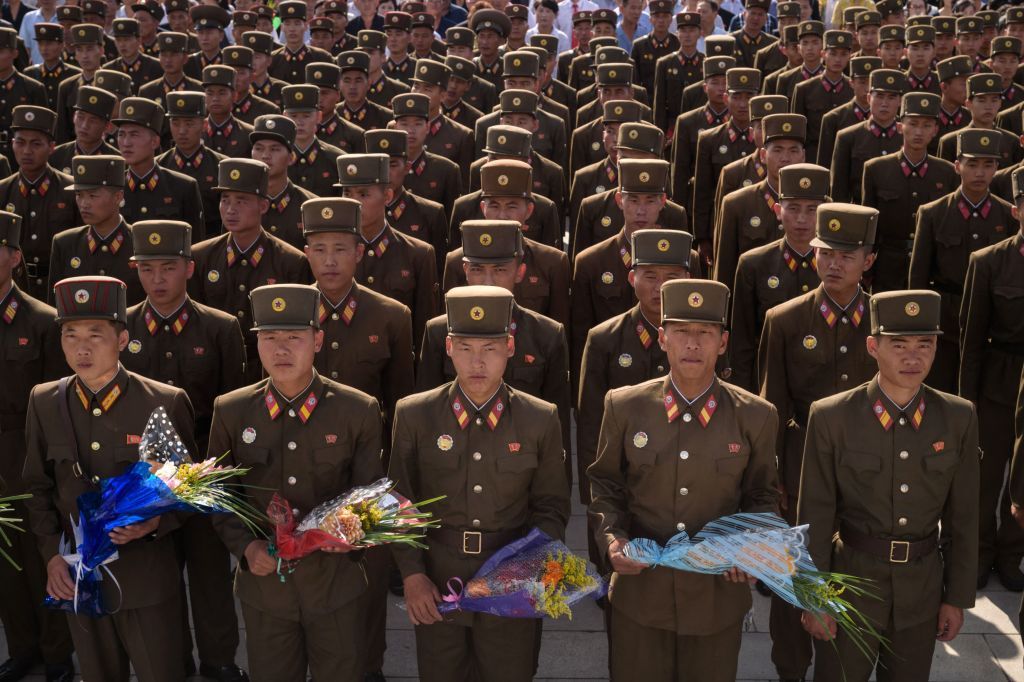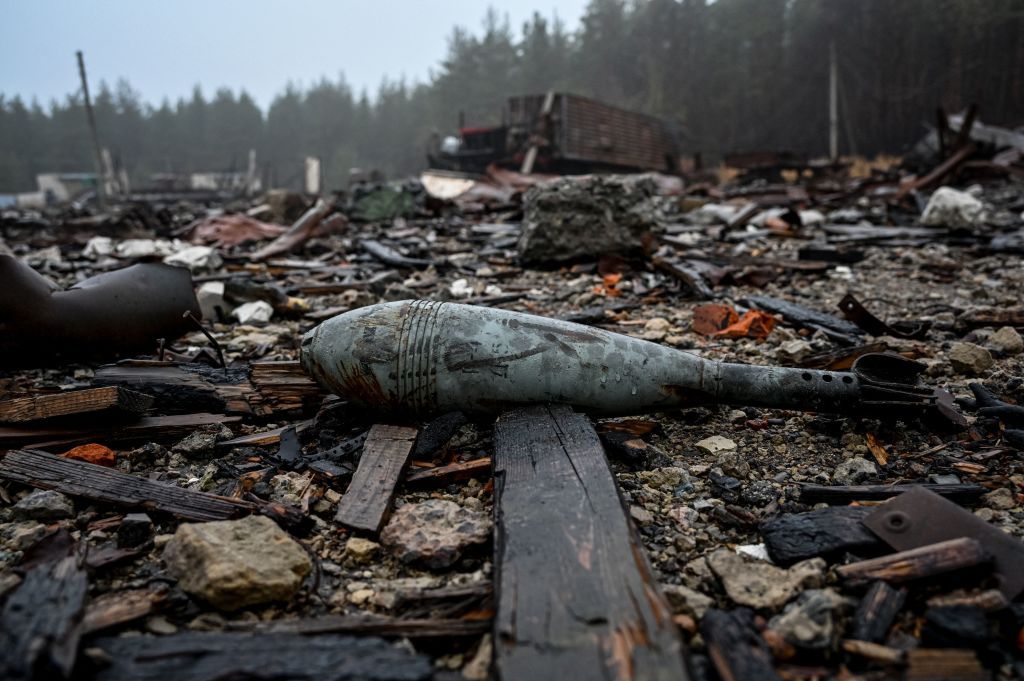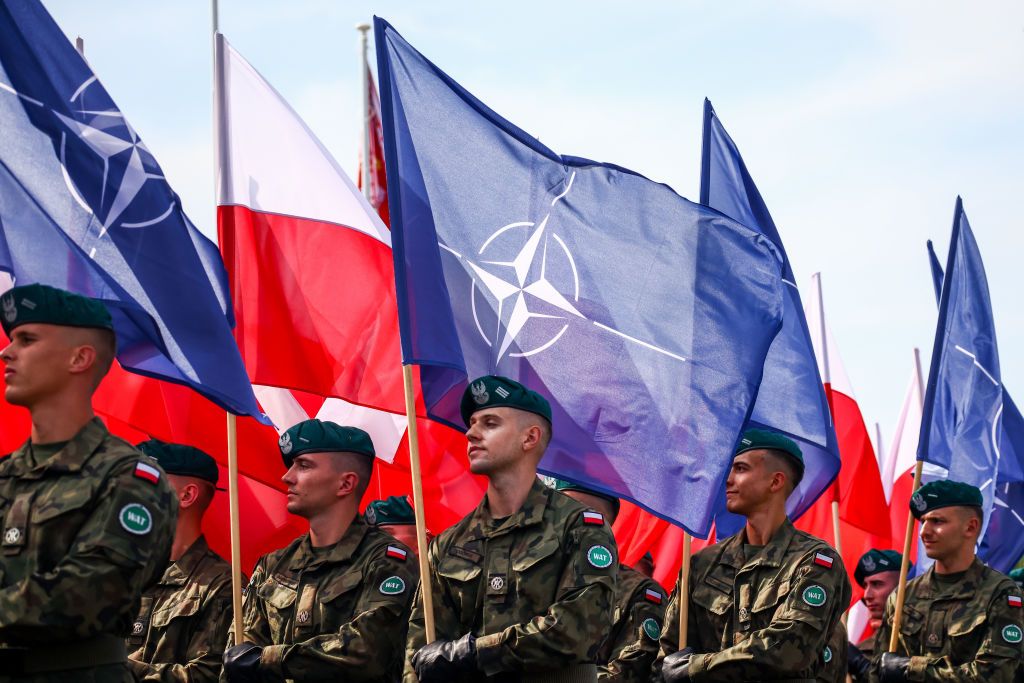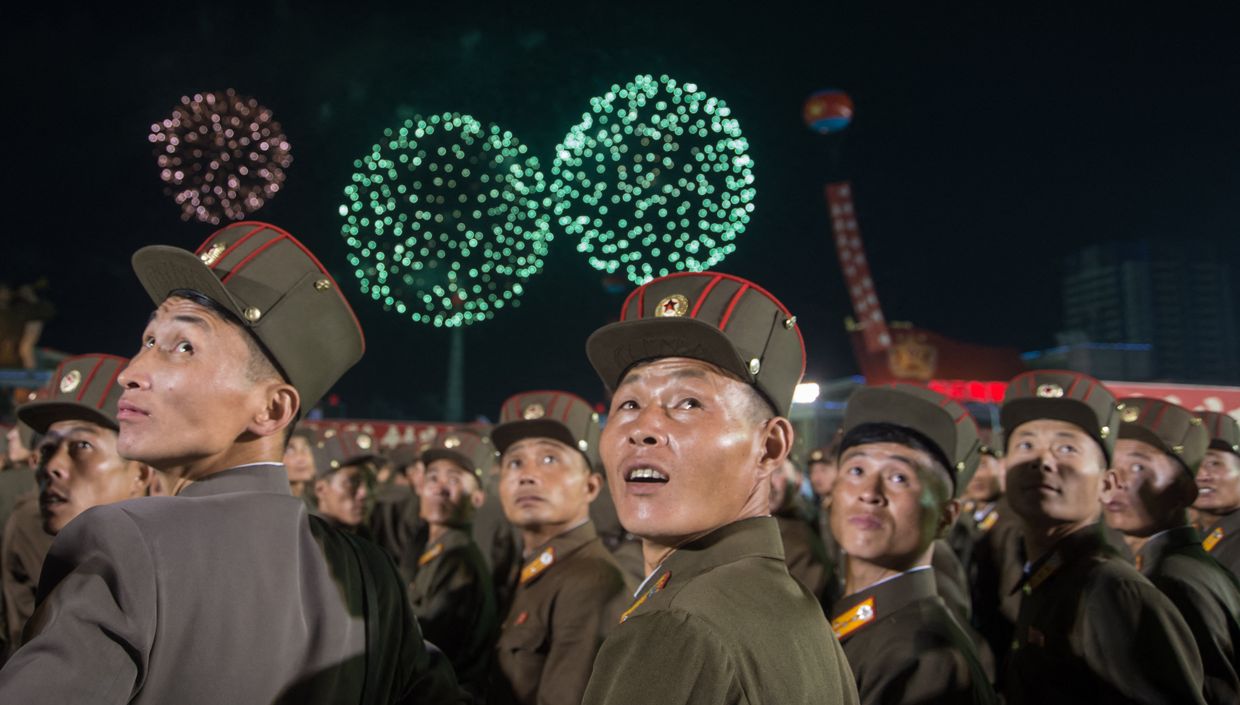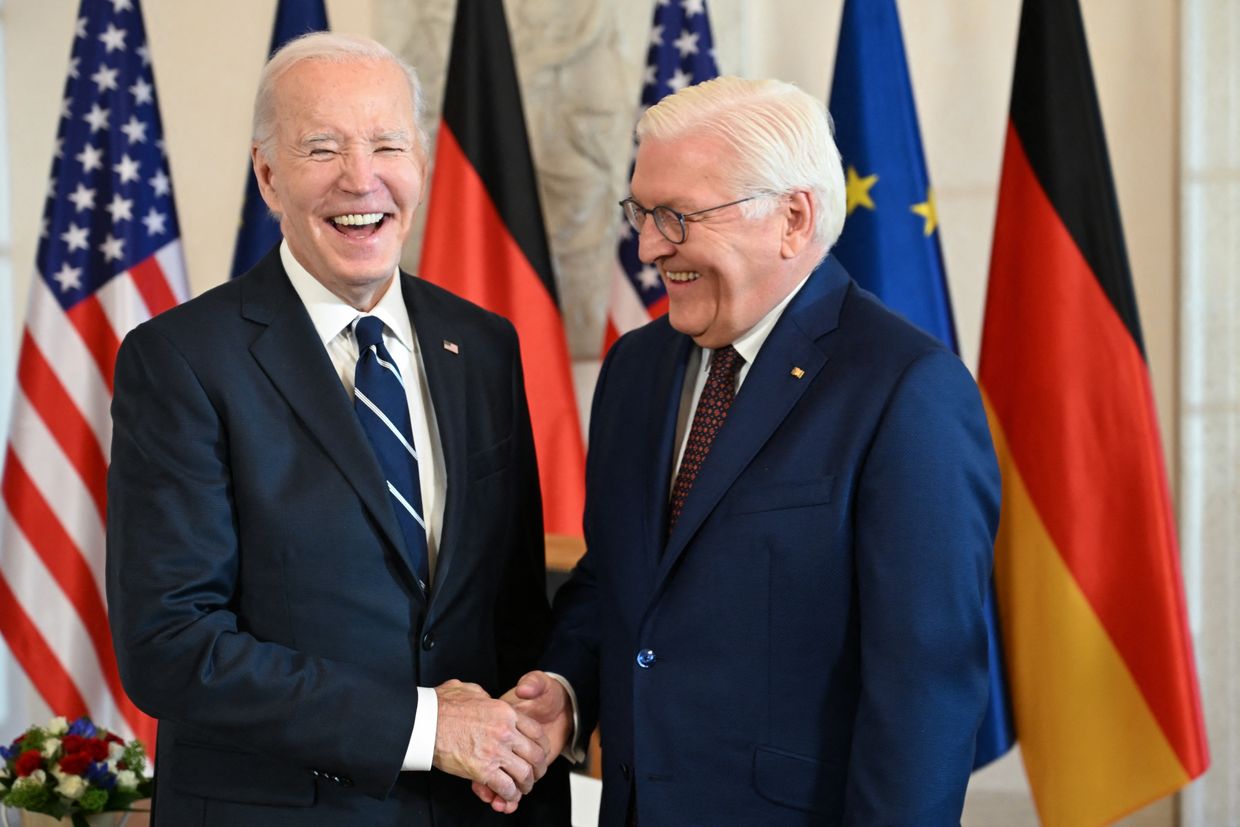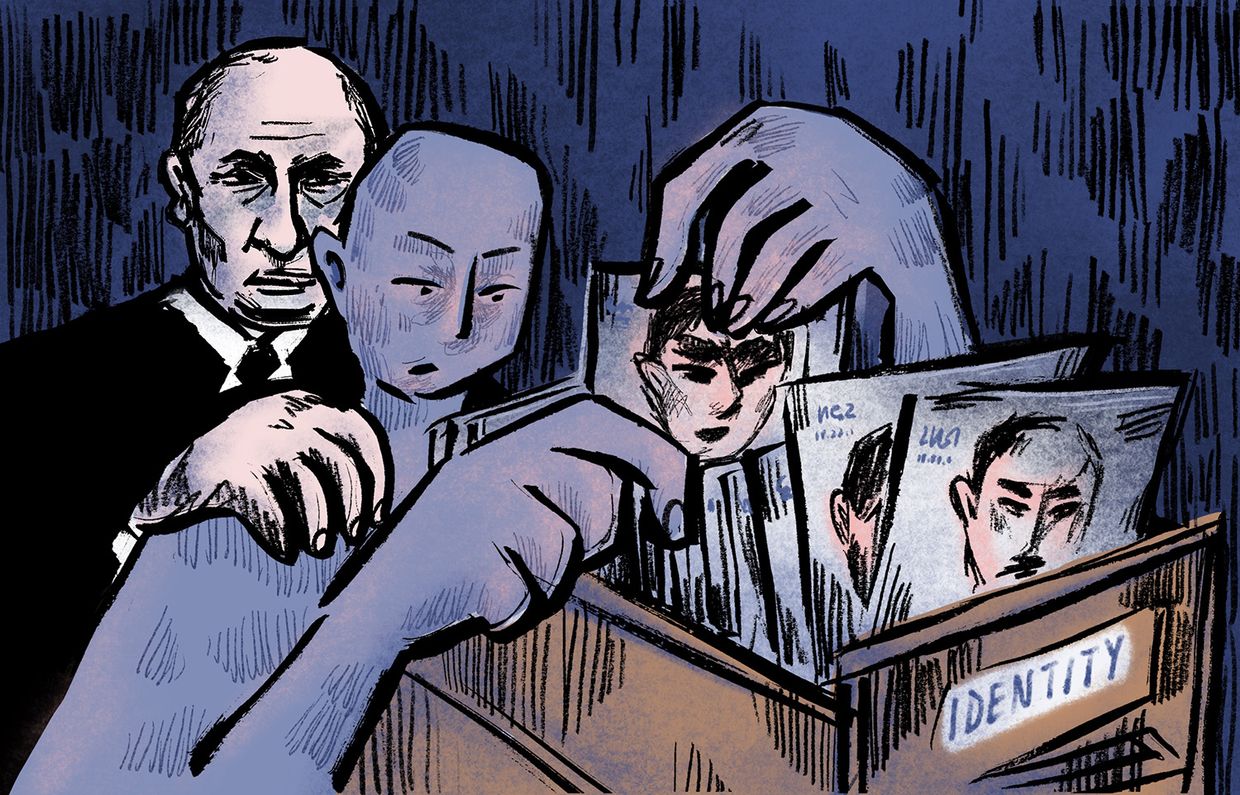ZAPORIZHZHIA – Stuck between a worksite frozen in time and a highway facing the Dnipro River, the volunteer’s center was not easy to find.
The anonymous building hardly betrayed any sign of human activity from the outside.
Everything was wrapped in an eerie silence until a door opened, spilling a cohort of middle-aged women into the street, laughing and joking around.
It was time for the Soldiers Mothers’ Fund volunteers to take a cigarette break.
A quick glance inside the small building reveals a hive of activity.
The fund is one of the thousands of civilian charity organizations that popped up in the country in 2014, providing support to soldiers and help to refugees from Russian-occupied territories in need of a community.
The fund is now strategically located in Zaporizhzhia, the regional capital and a humanitarian hub for refugees fleeing Russia’s occupation only 60 kilometers away.
Over 1,700 civil society and volunteer organizations have been created in Ukraine since the beginning of Russia’s full-scale invasion to deal with humanitarian aid alone, according to the U.K. Humanitarian Innovation Hub.
Charity work and civilian support – from donations to equipment and food procurement – have been the bedrock of the Ukrainian army since day one of Russia’s war, when volunteer battalions took up weapons to fight against Russia’s invasion of eastern Donbas.
Since the full-scale invasion started in 2022, the fund, originally run by mothers of active military personnel, welcomed an increasing number of volunteers from towns and villages destroyed and occupied by Russian forces in the oblast.
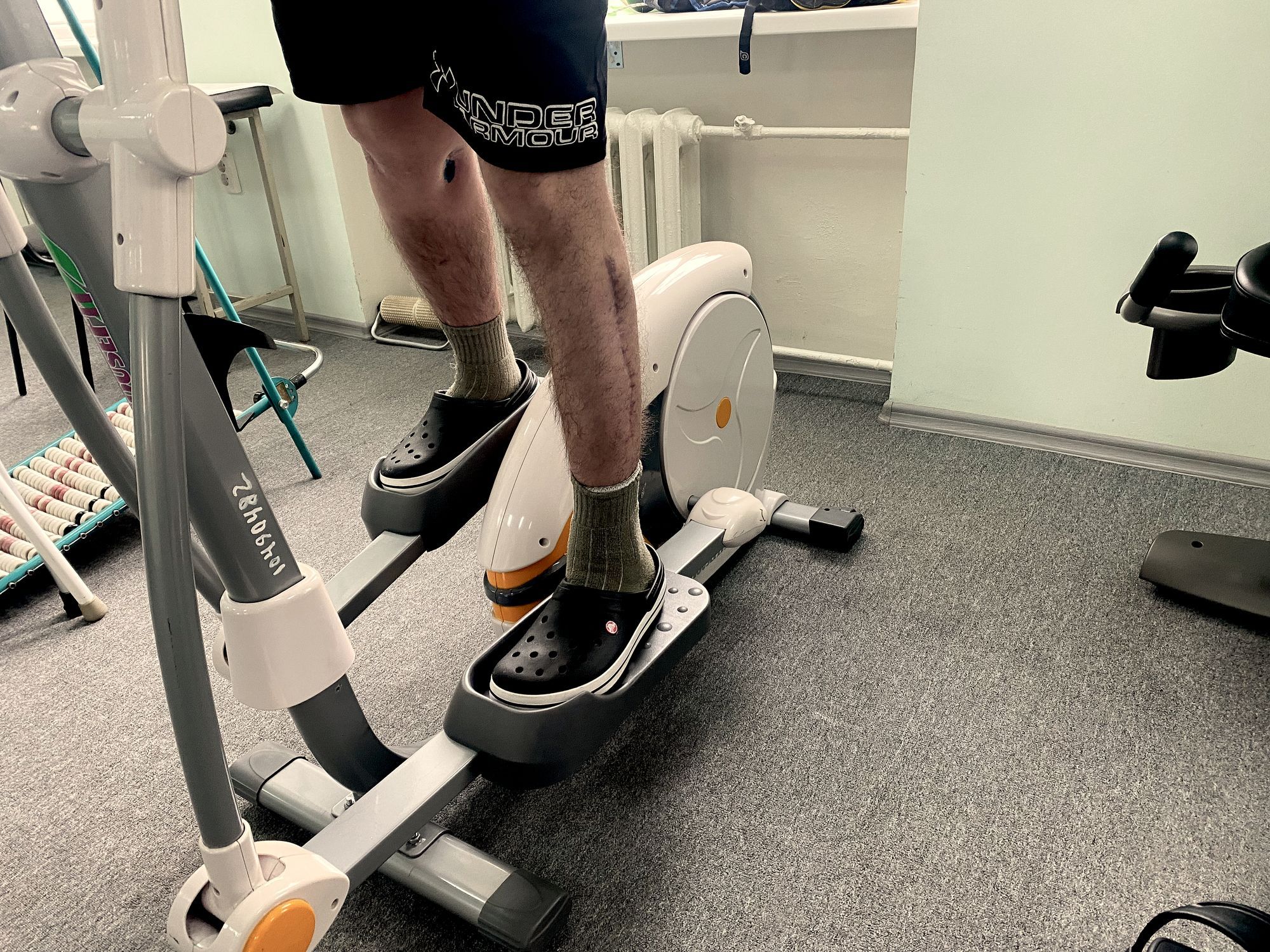
Around 60% of Zaporizhzhia Oblast has been occupied since March 2022.
The original 10-people team from 2014 expanded to 1,000 volunteers, who delivered goods to the front line or arranged the stocks, filled to the brim with foreign humanitarian help.
A few volunteers were almost done with a camouflage net to protect soldiers on the front line, sometimes their own sons.
Liudmila Pechurina, the head of the “Soldiers’ Mothers” organization, was no exception.
The 66-year-old mother of four created the charity organization in 2014 when the war started.
All her “boys” went to war and, after a break, returned to the front line when Russia launched an all-out war, she told the Kyiv Independent.
“They called me on Feb. 24, told me not to cry and to be strong,” she said. “And that they were going back to war.”
And Pechurina went back to work as well. She has dedicated her life to the center since the war started. “I treat everyone here like my children,” she said.
“They do everything for victory,” she said.
The community
The Soldiers’ Mothers fund is always open and always buzzing with activity, Pechurina said. Most volunteers are women of all ages up to 80, who come at 8.30 a.m. daily.
Some help with knitting camouflage, some assemble trench candles from cardboard and cans, some sew warm underwear for soldiers, while others manage the stocks of humanitarian aid overflowing from the office’s small storage rooms.
“We have 67 people in this center,” she said, but there’s not enough space for everyone willing to help.
“We have medicine, tactical clothes, food, regular clothes, generators, pet food, sweets, cereals,” a volunteer said, proudly showing the supplies to the Kyiv Independent.
The fund had to rent a new office downtown to expand its activity to produce more nets and front-line goods in high demand among soldiers.
An entire wall in the office was covered in pictures and thank you notes.
Some of the center’s volunteers are refugees from occupied territories who keep themselves busy and feel useful by sending “help to our boys,” one of them said.
“Refugees are lonely in a new city,” Pechurina said. “Then they come here and meet other refugees and feel better.” It’s emotionally difficult for them to stay idle, Pechurina said.
“They come every day, they like to work,” she said.
The biggest refugee diaspora comes from Tokmak, a Russian-occupied city 80 kilometers south of Zaporizhzhia and near the front line. Tokmak was captured at the beginning of the full-scale invasion.
A lot of refugees also come from front-line towns and villages constantly shelled by Russia.
Among them is Olena, a young refugee from Orikhiv who resettled in Zaporizhzhia with her family to escape Russian shelling.
“I talk to my neighbors there, and they say my house is still okay, only windows are missing,” she said. “My mom’s house is worse, without a roof, and the ceiling fell, but I don’t tell her.”
Every camo net package comes with a note and a small “motanka,” or rag doll, a traditional Ukrainian toy believed to protect its owner.
Losing kids to war
The center also provides psychological support. It’s a place where mothers who lost their children at war can sit and talk about their grief.
“We have three mothers who lost their sons to war. The last death happened on Nov. 14 near Kherson,” Pechurina said. “He was a sapper and exploded on a mine.”
Iryna Baranovska came to the center in late December, a month after losing her son, Artem, who died near Kherson.
“I cried for a month straight but then decided I had to do something because either way, I would lose my mind,” Baranovska, the 58-year-old from Orikhiv said.
She began to work in the center soon after.
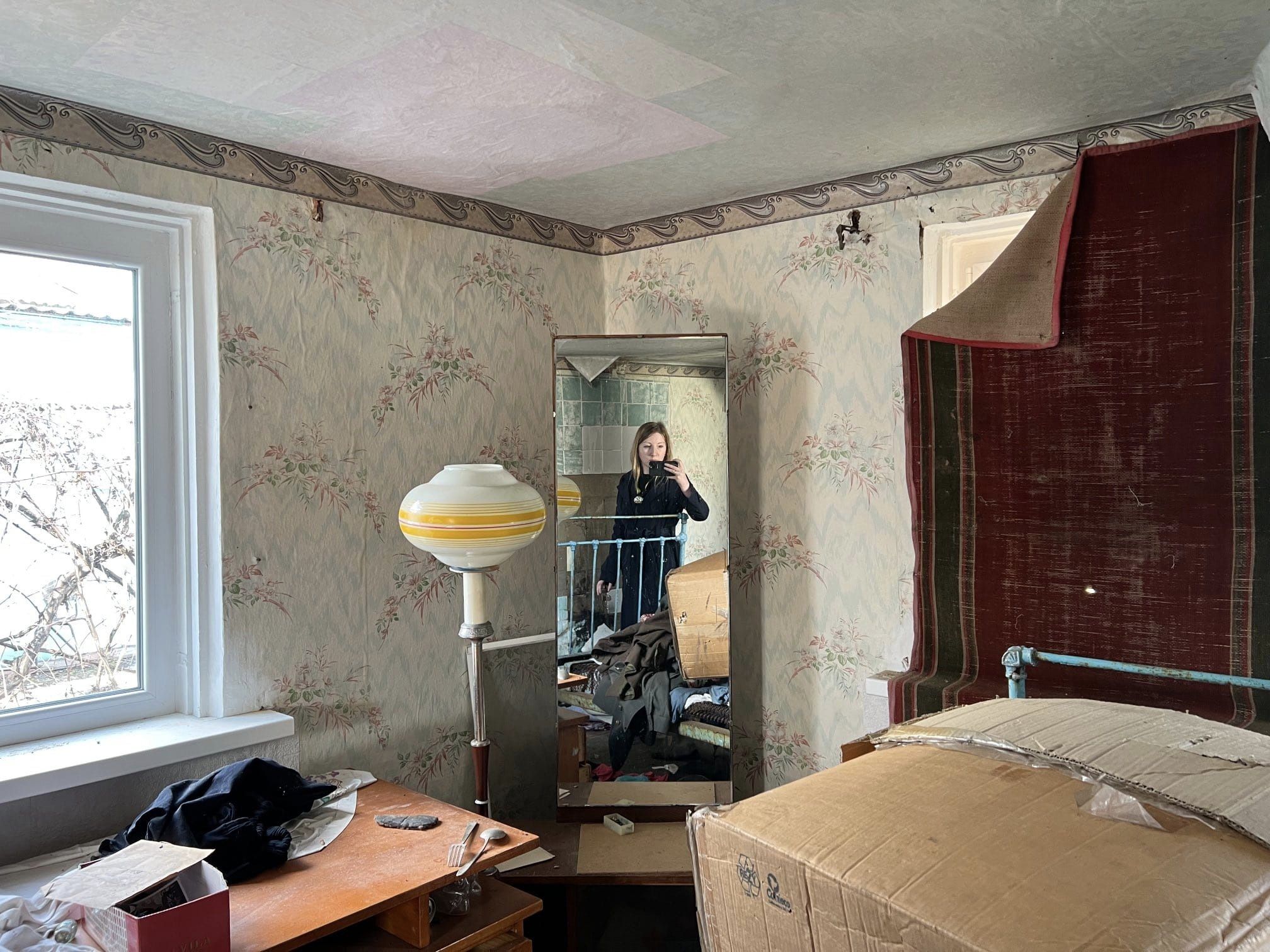
“And now I’m here, every work day since January,” Baranovska said. “After a few days here, I stopped crying at home,” she said.
Baranovska says working with people who have a similar experience as her helped her to move on and find a meaning in life.
“We all are friends, we help each other morally,” Baranovska said.
“On the one hand, I feel bad that I cry less because this way, it’s like I think of him less, but on the other hand, it’s better because by crying all the time, you can drive yourself into a coffin,” she said while knitting a camouflage net.
